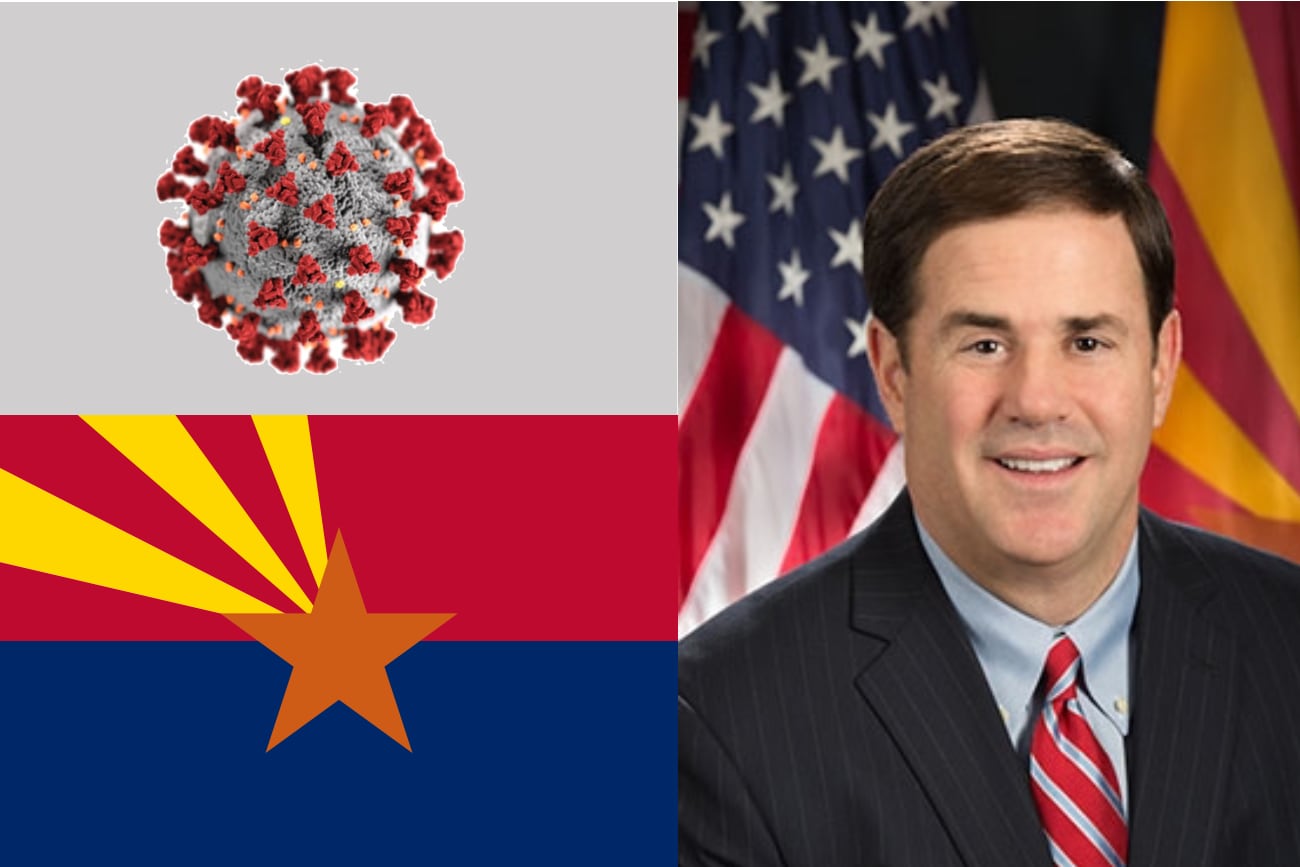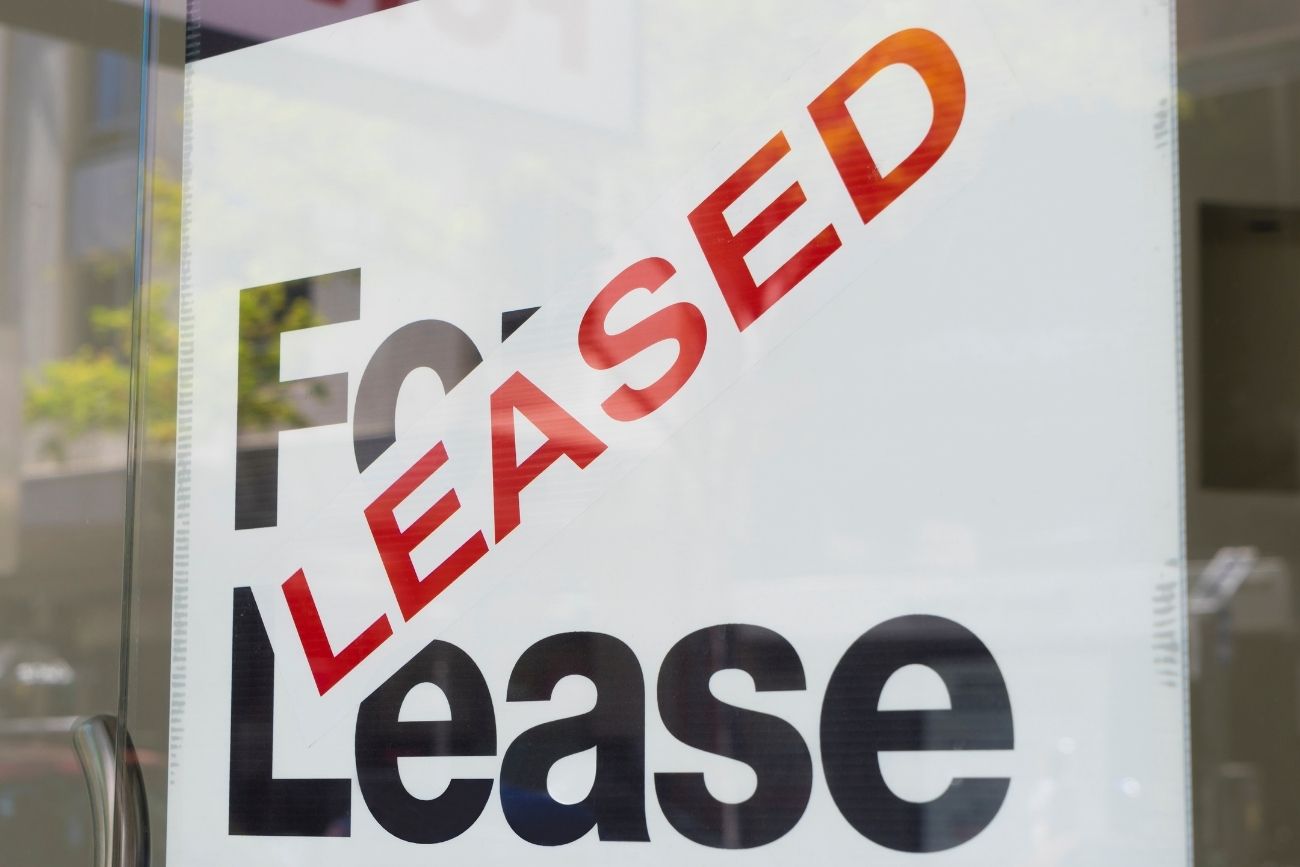With Covid-19 Employers Confront Privacy Issues
What Happens If An Employee Is Exposed to COVID-19?
Disclaimer
This area of law is changing quickly. Do not rely on the contents of this article as the law may have changed. Therefore, this article is provided as basic information only. You should consult with an attorney.

Overview
Employers, both large and small, face an increasingly challenging and changing landscape. With regard to the Covid pandemic, employers must balance the demands of running their businesses with competing risks to their employees at the workplace. And they must do it by complying with ever-changing statutes that were enacted to protect employees. Said another way, to provide a safe workplace for their employees employers must assess ongoing risks created by the pandemic, while at the same time they must balance the need to minimize business interruptions.
Hypothetical
Your office staff of 50 persons returned to work in June. Prior to having employees return to work you implemented measures design to protect them from exposure to COVID. You installed dividers between work stations, adopted workplace rules to limit contact, and increased the space between employees. In short, you’ve done everything reasonably possible to minimize the risk of Covid exposure at the office. Where possible, some employees may still work from home. However, the demands of your business require that most tasks be performed at a central physical location. Today, an employee reports that she has been exposed to Covid. She has taken a test, but the results are yet available. What do you do?

General Guidelines Regarding How To Handle an Infected Employee
Notifying Other Employees
Federal law does not currently require employers to tell workers if someone tests positive for the coronavirus at the workplace. However, some states do. The Center for Disease Control and Prevention guidelines recommend that employers notify employees if a coworker tests positive.
Mandated or not, the risk of not-notifying other employees may be significant. Recently, a national retail clothing store chain employee found out that she worked side-by-side with a COVID-19 positive coworker. She was tested, but that test was negative. Still, she was angry that her supervisors and managers never told her directly. She found out from a coworker who happened to forward the managers’ group text messages. “It was a huge breach of trust. I think that a lot of the employees were just frustrated,” she said. She might just have easily learned of the COVID-19 positive co-worker on Facebook, Instagram, or directly.
A similar thing happened to a logistics worker at a hospital, who also found out from a coworker and not from his employer. “I just feel it’s a shady thing to do,” he said.
The family of an Illinois employee who died of COVID-19 filed a lawsuit against Walmart in April. The suit alleges the retailer did not protect and failed to warn employees about coworkers who experienced symptoms and may be infected with the virus. Walmart currently has a policy requiring managers to notify associates if an employee tests positive.
“Our associates’ safety is a top priority, and we continue to take measures to protect them at work,” according to a company spokesperson, who also listed out safety measures including providing masks and gloves for associates.
Nearly 300 complaints have been filed with the Occupational Health and Safety Administration by employees claiming their workplaces didn’t communicate about COVID-19, according to an OSHA spokesperson.
The retail employee in Florida said she filed a human resources complaint but has not heard back.
“It’s the employees’ rights to know. Managers might not know what underlying conditions that an employee has or what their family has. And I think it’s extremely important to just share that information,” she said.
These examples are typical of the reactions that employees might have if an employer fails to warn them that they have been working near a COVID-19 positive co-worker. Given all the attention COVID-19 has received these past several months, these responses should not suprise us.
From an internal public relations perspective, it is probably wise to notify your employees, mandated or not. Employer notifications are also good for the bottom line. This may seem cold and calculated. However, business owners want their businesses to continue to operate. You want to be profitable, right? What does that mean? You want to have as many healthy employees as you can. You also want to earn their trust and confidence. But from a purely mercenary, business profit point of view, employeers should inform everybody to make sure COVID-19 doesn’t spread.
Remove the Employee
If you learn that an employee who works on the employer’s physical premises has COVID-19 or related symptoms, you must ask that employee to immediately leave the physical premises and to work remotely (if possible) and not to return for at least 14 days.
Investigate
Next, you should investigate whether and to what extent other workers may have been exposed. You may need to investigate all areas of the physical facilities where the employee may have been, as well as identify employees who may have interacted with any affected employee. In conducting this investigation care must be taken to protect an employee’s identity and private health information.
Create a safe working environment
Businesses are required by the Occupational Safety and Health Administration (OSHA) to provide a safe working environment. They are also required to report to the agency any infections contracted on the job as well as hospitalizations and deaths.
But as we pointed out above, some workers will fear that their companies are keeping them in the dark when it comes to COVID-19. To be sure, it's a balancing act. There have already been thousands of lawsuits filed over COVID-19 related issues. An established track record of good employee relations will help.
The lack of information in a pandemic with a virus that is highly contagious and potentially deadly may increase a company’s liability.
If an employee has been diagnosed with the virus an employer should carefully advise other employees. An employer may only tell employees that an "unnamed" co-worker has been diagnosed. This may be particularly difficult for small businesses.
Any notice should be carefully worded. Your employee’s privacy rights must simultaneously be respected.
As a general rule, employers should inform an employee if they were within 6 feet of a person who tested positive for more than 15 minutes. But once again, companies aren’t allowed to release the name of the worker who contracted the novel coronavirus due to medical privacy laws.
Along with the notice, you should also tell your employees that, if they believe they have been exposed to someone with a virus, or if they have flu-like symptoms, they should stay home.
Generally, an employer cannot ask the employee to allow the employer to take their temperature. Taking someone’s temperature is considered a medical examination, and employers can do that only under limited circumstances. However, the EEOC recently issued a guideline that allows an employer to have an employee medically examined if the employer believes a direct threat exists due to possible infection from the virus. An employer can ask for a doctor’s note only if the employee is absent for three more days.
FMLA
If an employee or one of their family members has contracted the virus, they are entitled to leave under the federal Family and Medical Leave Act (FMLA). Additionally, recent actions taken by Congress may provide expanded relief for employees impacted by COVID-19.
Paying Employees
Federal regulations require that employers pay an exempt employee, who performs any work during the week, their full weekly salary if they do not work for weeks because the employer failed to make work available. An exempt employee who performs no work at all during a week may have their weekly salary reduced.
Paid Sick Leave
There are many questions that will arise about the availability and use of paid sick leave. In 2017, Arizona voters passed the Fair Wages and Healthy Families Act, which requires all Arizona employers to provide paid sick leave to their employees, whether they work full-time or part-time or on a permanent, temporary, or occasional basis. (A number of other states have passed similar paid sick leave laws.) Employers with fewer than 15 employees (including full-time, part-time, and temporary employees) are required to provide at least 24 hours of annual paid sick leave, whereas employers with 15 or more employees are required to provide at least 40 hours of annual paid sick leave.
Most employers are required to provide paid sick time and employees should use it. Even if an employer is not required to do so, it is a recommended practice to avoid motivating a sick employee to come into work and create the risk for additional exposure to other employees.
COVID-19 is at the forefront of employers’ minds, and many are bracing for employee absences and illnesses. The following are some tips to ensure compliance with the Fair Wages and Healthy Families Act (“the Act”) during this period.
- Many schools and places of businesses are closing temporarily to prevent the spread of the virus. Arizona paid sick leave may be used when an employee’s place of business has been closed “by order of a public official due to a public health emergency” or when an employee needs to care for a child “whose school or place of care has been closed by order of a public official due to a public health emergency.”
- Employees can use paid sick time to care for their children who are home because schools are closed. Employers cannot retaliate against an employee who uses sick leave to provide care for family members as a result of the virus outbreak.
- If an employee believes he or she has been exposed to the virus and needs time off to be tested, time off to obtain a diagnosis may fall within the scope of the Act. Likewise, if the employee develops symptoms and requires a period of absence to recover from the virus, he or she can use accrued paid sick leave for such purpose. Employees may use paid sick leave as it is accrued.
- Additionally, because employees exposed to the virus are encouraged to self-isolate for at least 14 calendar days, employers may use their discretion to provide additional paid sick leave to an employee in advance of accrual, which option is specifically contemplated by the Act.
- Employees also may use accrued paid sick leave to care for a family member who is ill, or who needs medical diagnosis, care or treatment, or preventive medical care.
- If an employee does not qualify to use paid sick leave or is otherwise exhausted physically, an employee may choose to use other leave time such as paid time off for vacation time.
- An employee who is following the guidance of a medical professional or public health official to isolate or self-quarantine because of possible exposure, the employee is entitled to use sick leave.
- Employees can request paid sick leave in person, via email, via text message, “or by any other means acceptable to the employer.”
- Despite present fears regarding the virus, the Act only allows employers to require reasonable documentation that paid sick leave has been used for a covered purpose when the absence is for three or more consecutive workdays, and, even then, the Act does not permit employers to require full disclosure of the employee’s medical condition or course of treatment. Therefore, if an employee uses paid sick leave to obtain coronavirus testing, which may require only a brief absence, on its face the Act states that employers may not require a doctor’s note that the paid sick leave has been used for a covered purpose. That said, in an effort to balance public health concerns with the statute, employers may consider asking the employee to work from home or extend paid leave to the employee until test results confirm whether the employee is positive for the virus before allowing the employee to return to the workplace.
- All medical information obtained about the employee or the employee’s family member in the course of determining paid sick leave eligibility and entitlement must be kept confidential.
Returning To Work
You should require clearance from an appropriate healthcare professional before allowing the employee to return to work.
Families First Coronavirus Response Act
In addition to Arizona law, Congress enacted the Families First Coronavirus Response Act (FFCRA) on March 18, 2020. The FFCRA expands relief available to employees impacted by the COVID-19 and makes leave available to more employees. It also impacts more employers.
We Can Help
Your company’s future depends on its continued growth and financial health. Effective strategic planning is the backbone, but many other factors contribute to keeping your business on an upward trajectory. We offer sound legal and business advice, from day-to-day management and strategic planning to paving the way for a once-in-a-lifetime deal. Whether it be securing financing through a bank or identifying the most effective marketing structure, we have the know-how to address your specific needs.
Contact us today to schedule an initial consultation or make an appointment online.




